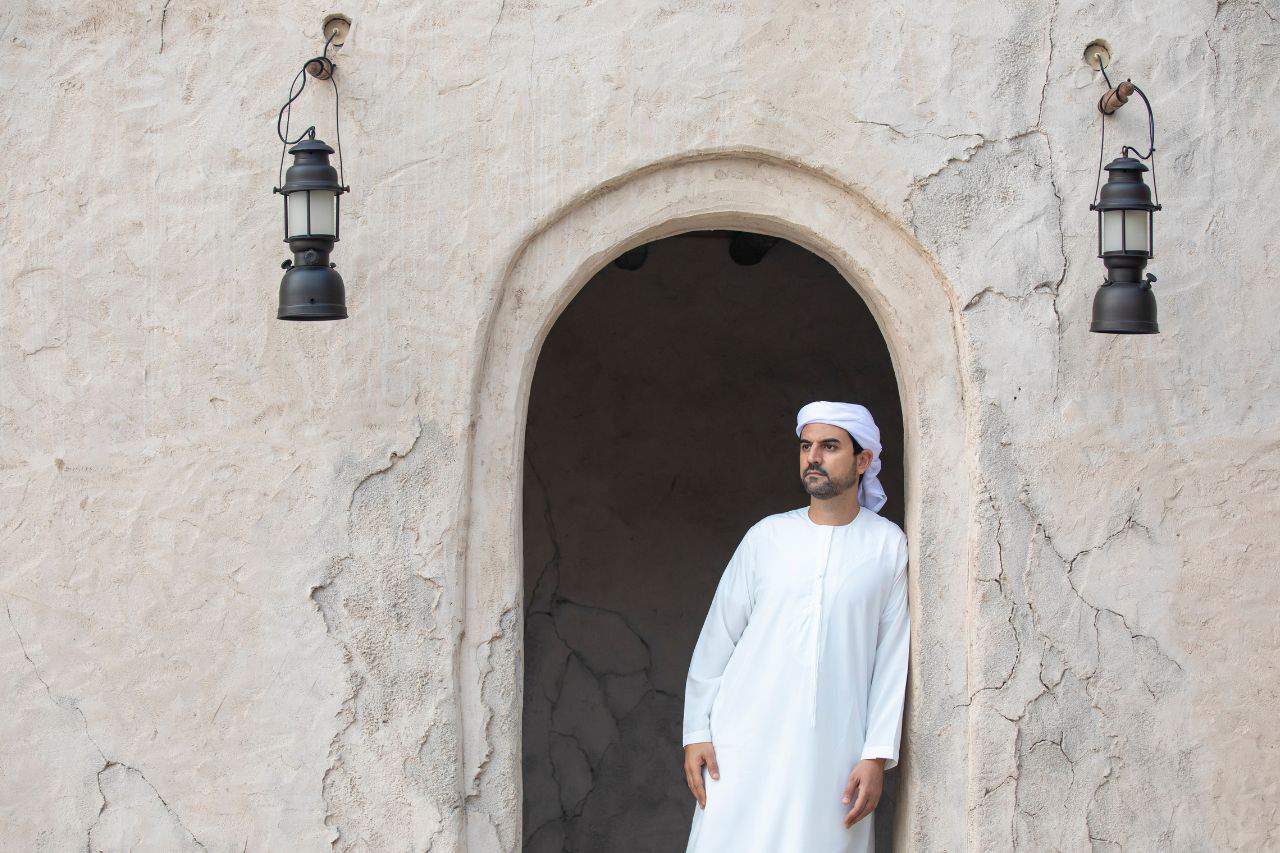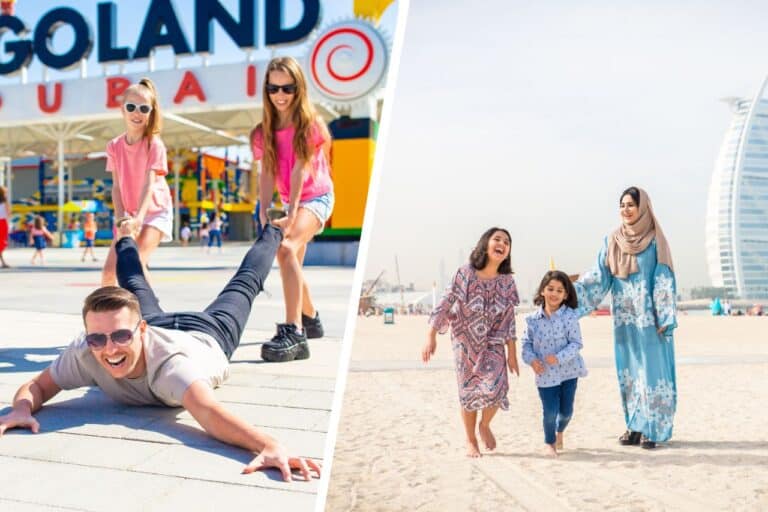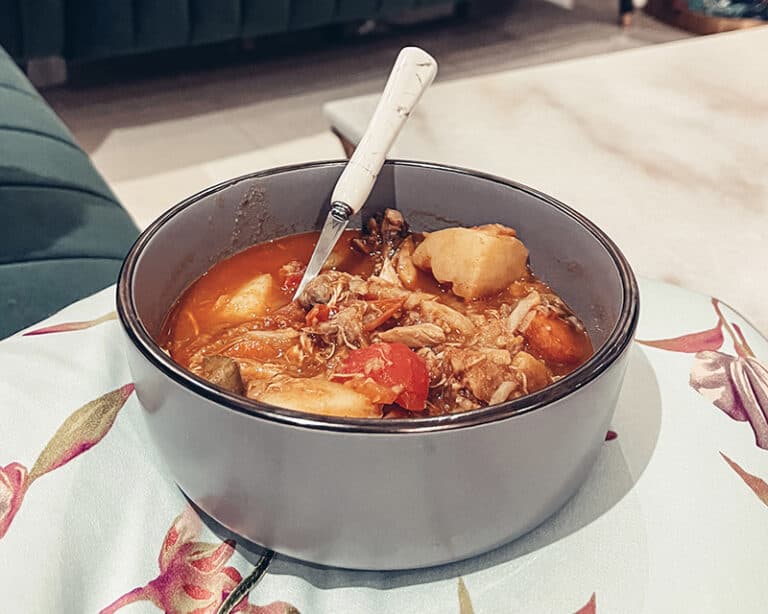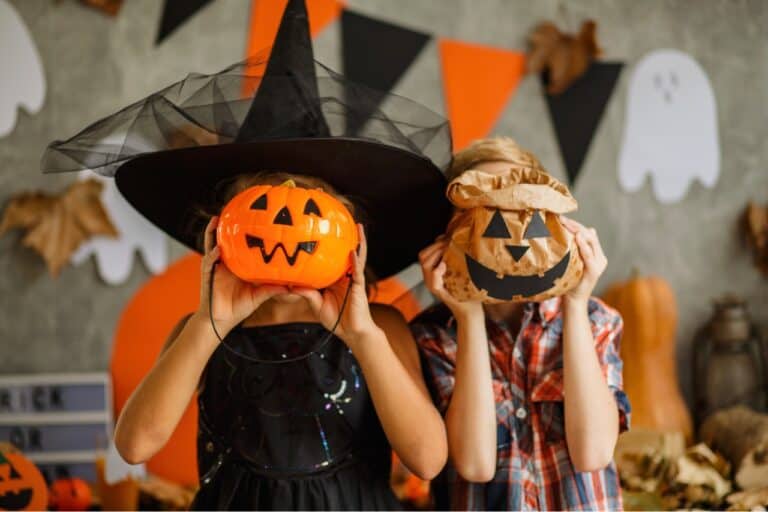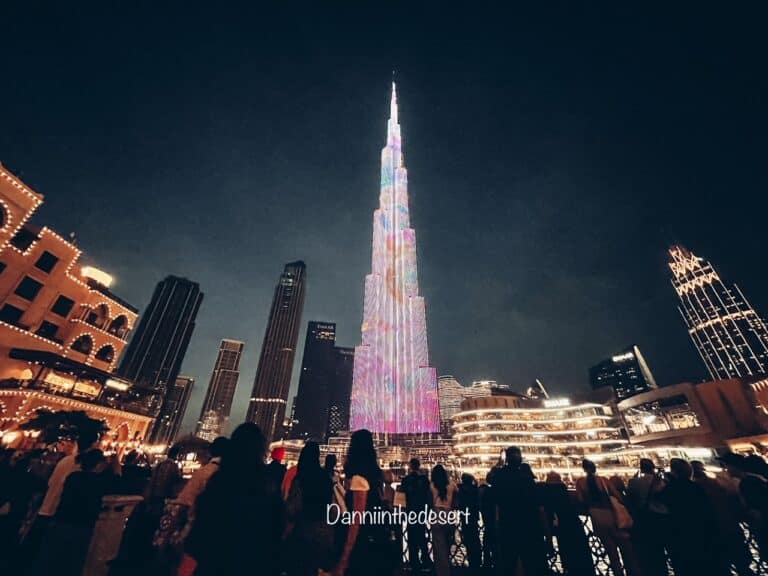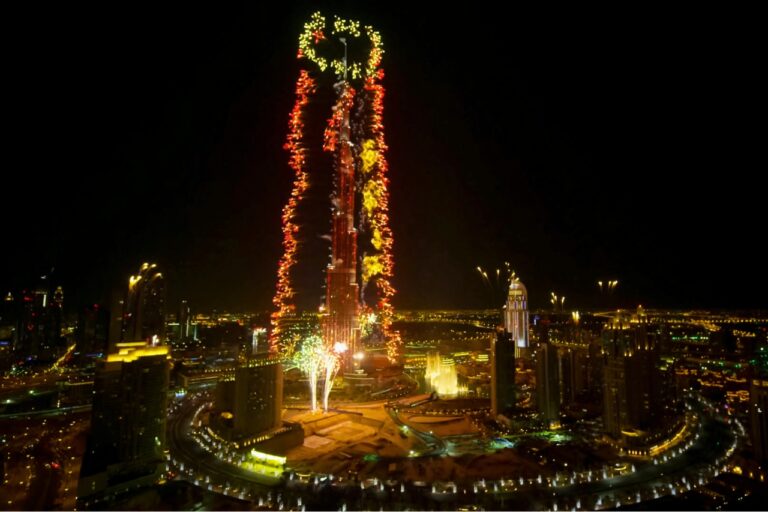Dubai Culture and traditions; everything you need to know
Dubai is often portrayed as being devoid of culture but is that really the truth? What is the Dubai culture and traditions of the United Arab Emirates? We’ll dive into everything you need to know about this glittering Emirate full of 5 star hotels and luxury lifestyle.
I first moved to Dubai in 2013, have Emirati friends, friends married to Emiratis and I’m also married to a Gulf national myself. So I’ll give you the inside scoop of this typically closed-off culture including explanations of the cultural norms. Along with some rules you definitely must not break in Dubai! So make sure the read till the end!
Plus other topics relating to Emirati culture that you’re curious about but perhaps been too afraid to ask an Emirati yourself!
As we explore Dubai’s rich cultural traditions, we’ll uncover the threads that bind its past to its present, giving us a deeper appreciation for the city’s unique charm.
We’ll start off with some interesting facts about Dubai!
Dubai Culture Facts
- Dubai is a city that is part of the United Arab Emirates located on the Arabian Peninsula
- The Emirati population in the UAE is only 11.5% of the total population
- In Dubai, the Emirati population in 2022 was 284,650 vs 3.265 million expats making them just under 9% of the population of Dubai
- Dubai is an absolute monarch and has been ruled by Sheikh Mohammed Bin Rashid Al Maktoum since 2006.
Dubai’s History
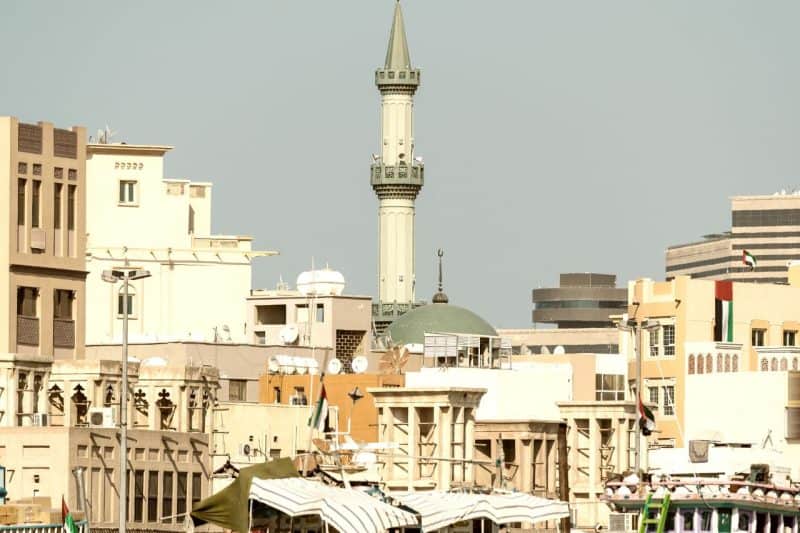
Imagine a time when Dubai was not the dazzling metropolis we see today, with the Burj Khalifa towering over its wealthy residents but a small but thriving trading post nestled along the shores of the Arabian Gulf.
Dubai was mostly known for its pearl diving and fishing during the 1000s to 1900s. Traders would also come and stay in the city, a small village at the time, on their way to Oman or Iraq. Souqs would sell valuable commodities such as spices, gold and textiles.
Dubai’s unique cultural heritage owes much to its early days as a vital trading hub. Its strategic location made it a crossroads for merchants and travellers from near and far, with goods, ideas, and cultures flowing freely. Situated at the crossroads between th e Arabian Peninsula and the Indian subcontinent, Dubai’s culture took shape through interactions with neighbouring regions.
We see these influences on the textiles and food in the region especially.
Emiratis and Gulf nationals were known for their nomadic lifestyles, called “Bedoiuns” which translates to ‘Desert Dweller’ in Arabic. Often people transferred between Oman, Saudi Arabia and other nearby lands. It was a time before passports and borders even existed like we see today.
In the late 1700s, the Bani Yas tribe settled in Abu Dhabi to which Dubai was a dependent state until 1833 when Dubai declared independence. Though times were not always peaceful between the two, it was common across the entire Arabian Peninsula for tribes to fight with each other.
The main city centre at the time was close to Dubai Creek due to being convenient as a port for trade and still to this day we see Indian textiles sold in Meena Bazaar along with gold souqs and spices souqs in the Deira area.
During the 1800s, trade continued to flourish in Dubai and a maritime deal was reached with the British. The UAE continues to have a good relationship with the United Kingdom to this day. Elements of British influence are seen in the type of plug sockets used in Dubai and even the style of Kandura worn by Emiratis.
As cultivated pearls were created in Japan, Dubai’s main global pearl industry collapsed in the 1930s however by the 1950s Sheikh Rashid bin Saeed Al Maktoum became the ruler of Dubai and had a new vision. Its strategic location as a trading hub was to be developed even further.
In 1966 oil was discovered off the coast of Dubai which created a huge shift in the city and changed the lives of its residents. Many of whom had lived a very simple and humble life.
Sheikh Rashid Al Maktoum used this huge cash influx to develop Dubai into the city we know today, as he realised the oil discovered was not enough to sustain Dubai and its descendants for many generations. This strategic and business savvy thinking helped transform Dubai and secure it’s success for the future.
This vision has been continued by his son Sheikh Mohammed Bin Rashid Al Maktoum. Dubai’s current leader since 2006.
Dubai’s cultural evolution didn’t happen overnight; it’s a story of adaptation and growth. It reflects the city’s historical origins and the enduring spirit of a place that has always embraced change while honouring its heritage.
Dubai’s Cultural Diversity
Dubai is a vibrant kaleidoscope of cultures, with a staggeringly large expatriate population. It’s simply incredible that this many different nationalities come together to make one of the most peaceful societies in the world. It is global hub is home to people from all corners of the world.
Here are some statistics about the expatriate population:
- The total expatriate population of the UAE is 8.8 million
- Just over 3.5 million people live in Dubai according to latest 2022 statistics by the Dubai Government
Statistics reveal that a significant majority of these expatriates come from South Asian countries, infusing Dubai with a rich blend of traditions and experiences.
But what makes Dubai truly remarkable is the harmonious coexistence of these diverse cultures with Emirati traditions. It’s a place where international flavours, customs, and languages seamlessly intertwine with the heritage of the UAE. In this melting pot, you’ll find Emirati hospitality extending its warm embrace to welcome the world.
So, as we journey through Dubai’s cultural landscape, we’ll explore how this city thrives on its multicultural dynamism, where Emirati traditions and international influences create a harmonious symphony that defines the very essence of Dubai.
Religion in Dubai
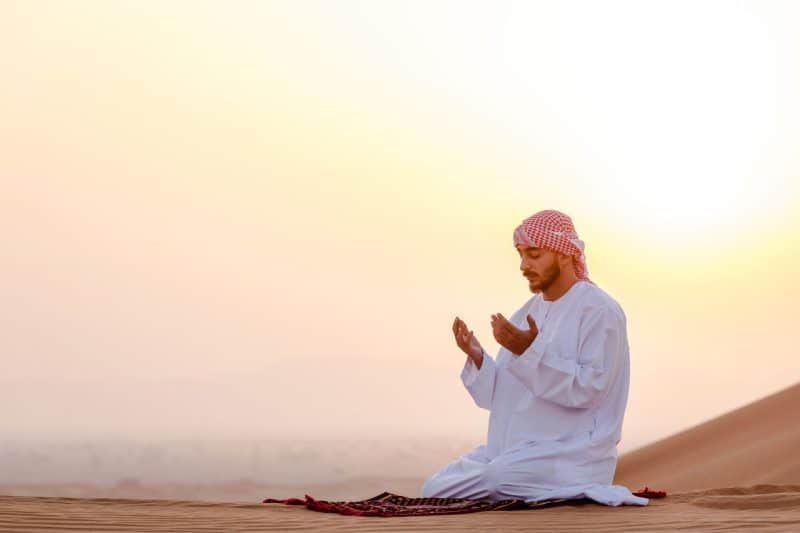
The majority of Dubai’s population practices Islam and the city’s culture is deeply intertwined with Islamic traditions. Mosques dot the landscape and the call to prayer echoes through the streets five times a day. The city observes Islamic customs with group prayers held on a Friday and the large Islamic holiday of Ramadan widely celebrated every year.
However, in terms of the residents, Dubai’s religious landscape is a mosaic of faiths and reflects the city’s inclusive spirit. So while Islam is the predominant religion and Dubai’s official religion. Dubai is also home to a diverse array of religious beliefs and practices with residents openly attending religious services and celebrating religious holidays according to their own faiths.
Sharia Law
Islamic principles and laws are a cornerstone of the culture in Dubai. The Dubai legal system is governed by Sharia law however certain areas have Western business practices such as DIFC and freezones.
Sharia law, also known as Islamic law, is a system of religious principles and guidelines that govern various aspects of life for Muslims. It’s derived from the Quran (the holy book of Islam) and the Hadiths (the sayings and actions of the Prophet Muhammad).
So many elements of Dubai’s culture and practices come from the principles of Sharia. Encompassing matters of personal conduct, morality, ethics, and legal issues, including family, finance, and criminal justice. While interpretations of Sharia can vary, it serves as a fundamental moral and legal code for many impacting both religious and civil matters in Dubai.
Places of Worship
Dubai and the United Arab Emirates have a large amount of mosques and prayer rooms. You’ll find that in nearly every area, there is a mosque within walking distance and prayer rooms are located close too. Whether that’s the mall or an office.
However, mosques aren’t the only religious buildings you’ll find in the UAE. Churches, temples and synagogues stand as beacons of religious diversity in the UAE. Including a famous landmark in Abu Dhabi, featuring a mosque, church and synagog all on the same square, dedicated to the 3 major monotheistic faiths.
Dubai’s fostering for unity and respect among its diverse residents and visitors. Whether you seek tranquility in a mosque’s serene architecture, find solace in a church’s embrace, or explore the depths of spirituality in a temple or synagogue, Dubai warmly welcomes all to practice their faiths in a harmonious and inclusive atmosphere.
Religious Festivals
Dubai’s cultural calendar includes Islamic festivals like Eid Al Fitr and Eid Al Adha, which are celebrated with great enthusiasm. There are also other Muslim holidays such as Ramadan and Prophet Muhammad’s birthday. These festivals showcase the city’s communal spirit with families and friends coming together to share joy and blessings.
Learn more about what Ramadan is like in Dubai
Other popular festivities in Dubai are Christmas, New Year and Divali. Where you’ll see large
Learn more about Islam, Muslims and aspects of the faith
- Revert vs convert & my conversion to Islam in Dubai story
- Ramadan guide and Ramadan Dubai dates until 2025
- Spending Ramadan in Dubai, what you need to know!
- How to convert to Islam in Dubai by a convert
- Shattaf meaning: The Middle Eastern Bidet & how to use it
- World Hijab Day; 10 reasons why women wear the hijab
- Guide to visiting a mosque for the first time
- 8 of the best Iftars and Iftar buffets in Dubai, including family and budget friendly
- Friday Khutbas in English in Dubai and online from UAE
- How to pray at work in Islam: 7 practical tips for salah
The official language of Dubai
Arabic is the official language of Dubai, deeply rooted in the city’s culture and heritage. However, the cosmopolitan nature of Dubai means that English is widely spoken and understood. In fact, you commonly find shop employees who do not speak Arabic at all.
Signs and menus will typically have both English and Arabic, you may also find some signs with hindi added or menus in an Indian restaurant that has Hindi or Urdu menus available due to the large amount of Indian and Pakistani expatriates.
In terms of business, nearly everything is done in English and most offices in the private sector will deal in English. The legal and official systems of Dubai however are in Arabic and must be translated into Arabic. You will usually find both an English translation and an Arabic translation. Official court documents however will be submitted in Arabic only.
Dubai’s Royal Family
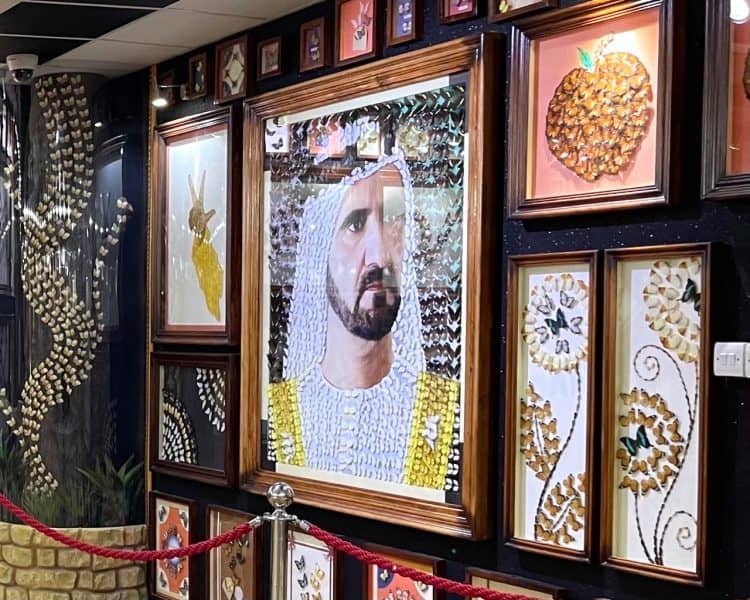
danniinthedesert
As you journey through Dubai, you will see large photos of Sheikh Mohammed Bin Rashid Al Maktoum on buildings and notice boards. As you enter hotels you’ll see portraits of Sheikh Mohammed Bin Rashid Al Maktoum and Sheikh Mohammed Bin Zayed Al Nahyan of Abu Dhabi. The ruler of the UAE.
There are different versions allowed of these portraits but by law they must be displayed and rules on how they are to be displayed. You may also see a portrait of the late Sheikh Zayed Bin Sultan Al Nahyan, founder of the UAE.
Sheikh Zayed Bin Sultan Al Nahyan is a huge part of not only the history of the UAE but also a fundamental part of the culture and why the UAE because what it is today. Sheikh Zayed was extremely generous with his people, offering social programs and assisting Emiratis who came to him for help when oil was discovered.
This kindness and generosity is still a huge part of Emirati and Islamic culture. Sheikh Zayed’s attitude towards his people has greatly shaped it to be the society it is today.
It’s also important in the UAE to respect the Royal Family and much respect is given to them. It is illegal
For fun, try out our Sheikh name generator tool here!
Dubai Laws & Customs
This section is your compass for understanding Dubai’s regulations and cultural norms. We’ll touch on drinking laws, modest dress codes and the influence of Islam on the city.
So whether you’re a traveller planning a visit or simply curious about this dynamic metropolis, we’ll help you decode the rules and traditions that define Dubai’s identity. Helping you to avoid any potential social faux pas!
Modesty & Clothing
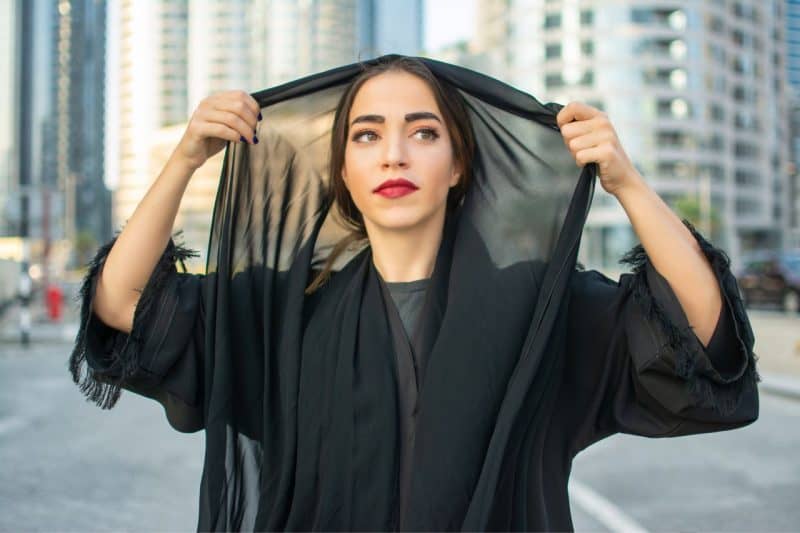
Dubai doesn’t have an official dress code but it’s culture is rooted in Islamic principles, which is that a woman should cover and keep her modesty. These days its very rare for tourists or expats to follow this dress code and everyone is allowed their own freedom to choose whatever they feel comfortable to wear.
Malls and other public places do still have dress codes, which you’ll see signs stating modest dress, however it isn’t enforced anymore. So don’t panic if you see a sign!
The few places where modest dress is still required are government buildings, police stations and religious buildings. So if you plan to do a tour of a mosque, you’ll definitely need at least one modest outfit.
This article covers in more detail about the Dubai Dress Code and what you should or shouldn’t wear as a tourist. Including swim wear, where you can’t wear certain items and what items I personally like to wear depending on what activity I’m doing in Dubai.
Traditional Emirati attire
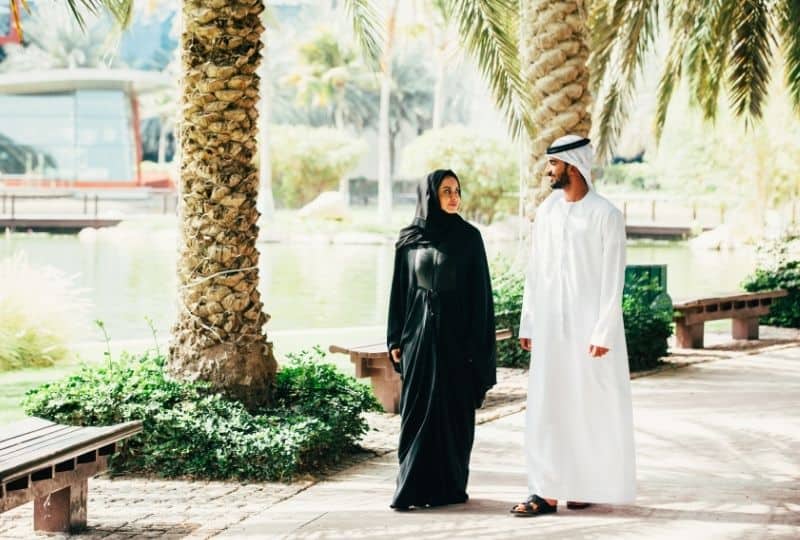
Emirati attire is an expression of cultural pride and heritage. For men, it includes the pristine white kandura (robe) while women don the black elegant abaya and sheyla (headscarf). These garments serve both practical and cultural purposes, providing comfort in the desert climate and preserving modesty in accordance with Islamic values.
The intricate details, colours and styles of these outfits vary but white for men and black for women is the most traditionsal.
Clothes are a large part of a nations identity and history which is too much to explain in a short summary, so I highly recommend to read this article about Emirati traditional dress if you want to learn more.
For more articles relating to Emirati culture:
- Dubai Traditional dress; 10 basics of Emirati clothes
- Traditional food of UAE; 11 Emirati dishes to try in Dubai!
- Guide to visiting a mosque for the first time
Cleanliness
Cleanliness holds great significance in both Islam and is reflected in Dubai. In Islam, it symbolizes purity of the soul with the ritual purification before prayers. Taking care of the home and especially oneself is highly encouraged as a principle in Islam.
Dubai exemplifies this value through meticulous city maintenance, ensuring that both residents and visitors enjoy a pristine environment. Dubai is one of the cleanest cities you will ever visit! Fines are levied for those who don’t respect the cleanliness of the city which even includes not being allowed to eat or drink on public transport.
One item which Muslims highly regards in terms of cleanliness is the Shatafa, so why not learn more about the hose style bidet you’ll seen in nearly every bathroom in the Middle East!
Drunkenness in Public
Drunkness in bars or other drinking establishments is pretty common and unlikely to get you into any trouble as long as you are being respectful to other drinkers in the venue. Once you leave a licensed venue however, it’s best to be more careful of displayed drunken behaviour as it is prohibited by law.
These are similar to “drunk and disorderly’ charges in the United Kingdom however punishments can be more severe including fines, imprisonment, or even deportation.
Learn more about alcohol in Dubai, where it’s illegal to drink and other alcohol related rules.
Drink Driving
Dubai maintains a no-tolerance policy towards drink driving. The legal blood alcohol limit is virtually zero, meaning any trace of alcohol in the bloodstream while operating a vehicle can result in severe penalties. Consequences for drink driving can include hefty fines, imprisonment, license suspension and deportation. So be safe and order an Uber!
Drugs
Dubai’s approach to drug offenses is also characterized by zero tolerance. Possession, use or trafficking of illegal drugs carries severe legal penalties even for small amounts.
Certain prescription drugs are illegal and anyone wishing to bring in allowed prescription drugs should have a valid note from their doctor. Visitors and residents are strongly advised to familiarize themselves with Dubai’s drug laws to avoid serious legal consequences.
Photography
Dubai respects individuals’ privacy and has laws in place to protect it. While photography in public spaces is generally allowed, you should obtain consent when photographing people. This is especially true for women.
Additionally, capturing sensitive or restricted areas such as government buildings, airports, and military installations is strictly prohibited. This may result in legal consequences if not followed.
Homosexuality
Homosexuality is illegal in Dubai and the act itself is strongly codemned in Islam. Any politically charged items are also not allowed and LGBT items have been removed from Amazon in the UAE.
In general, regardless of sexuality, what you decide to do in your own home and behind closed doors is your own business. Public displays of affection are frowned up and if your are part of the LGBTQ+ community, then you need to be aware that it isn’t allowed to be openly. A man wearing women’s clothes for example is likely to be arrested.
Public displays of affection
Dubai encourages a culture of respect and modesty in public spaces. Things have eased over the year however it isn’t completely liberal when it comes to PDA. While holding hands is generally accepted, overt public displays of affection, such as hugging, kissing, or more intimate gestures, may be considered offensive or inappropriate.
It’s essential for residents and visitors to exercise discretion and be mindful of cultural sensitivities.
Treatment of women
Contrary to popular belief, women are well looked after in Dubai and many women are highly educated. Women are allowed to drive and Dubai has many laws to protect the rights of women. Confusion often arises from laws that applied to Saudi Arabia and not the United Arab Emirates.
So rest assued that Dubai is an extremely safe place for women! You can even walk alone at night as a woman and not have to worry. If you have more questions, our article covering Dubai for women goes into what life is really like for women in Dubai!
Emirati Hospitality & Gulf Culture
Dubai’s hospitality is renowned for its warm and embracing spirit. From luxurious hotels to cozy Emirati guesthouses, the city offers a wide range of accommodations that caters to every traveller’s needs. This hospitality is founded in the Emirati nature and if you’re ever lucky enough to be invited into an Emirati home, you’ll surely be looked after!
In Islam, feeding guests is a must and treating guests with honour. In fact even between waring tribes, it was always a rule that a guest in your home must be looked after. In an Emirati home you’ll find you’ll be offered gahwa (coffee) and dates along with typically a larger meal.
Emirati Food
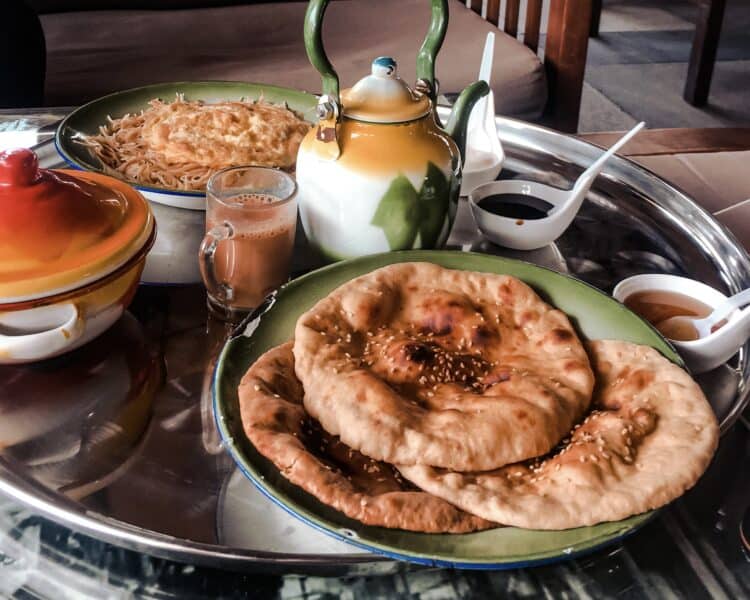
danniinthedesert
Emirati cuisine is a flavorful tapestry woven with the threads of tradition and culture. Rooted in the region’s Bedouin heritage and coastal influences, Emirati dishes showcase a delightful array of flavours and textures due to the history of trade with Indian and Persia.
Camel meat, fish, rice, and aromatic spices take center stage in this cuisine. Some of their key dishes include ‘Harees’, which is a slow-cooked meat porridge and ‘Machboos’, which is a meat or fish rice dish infused with fragrant spices.
Many Arabic dishes are also popular in the Emirates and you’ll find that many foods are enjoyed across the Middle East. Emirati restaurants will typically serve dishes that aren’t traditionally Emirati but are popular in the region.
Learn more about Emirati and Arabic food:
- 11 best Arabic sweets in Dubai you must try & where!
- Traditional food of UAE; 11 Emirati dishes to try in Dubai!
- 8 of the best Iftars and Iftar buffets in Dubai, including family and budget friendly
Emirati Recipes
So now you know more about Emirati food, why not have a go at some of these popular recipes that are commonly enjoyed in an Emirati home?
- Emirati chicken Thareed (Salona) – A yummy & comforting dish
- Simple and yummy! How to make the best Mahalabia (Arabic milk pudding)
- Easy Emirati Luqaimat (Lokma) recipe + homemade “machine”
- How to make authentic delicious Karak tea / chai at home
National Holidays in Dubai
Weekends in Dubai
Weekends previously started on Friday and ended on Saturday, with Sunday being the start of the working week. However since 2022, Dubai has changed it’s weekend to Saturday and Sunday with the working week beginning on Monday.
A huge part of expat culture in Dubai is the Dubai Brunch which previously was always on a Friday. Since the weekend changed it is now a Saturday brunch, where many different nationality enjoy unlimited food and drinks usually between 12 pm and 4 pm. Many venues take part due its huge popularity.
Arts and Crafts of the United Arab Emirates
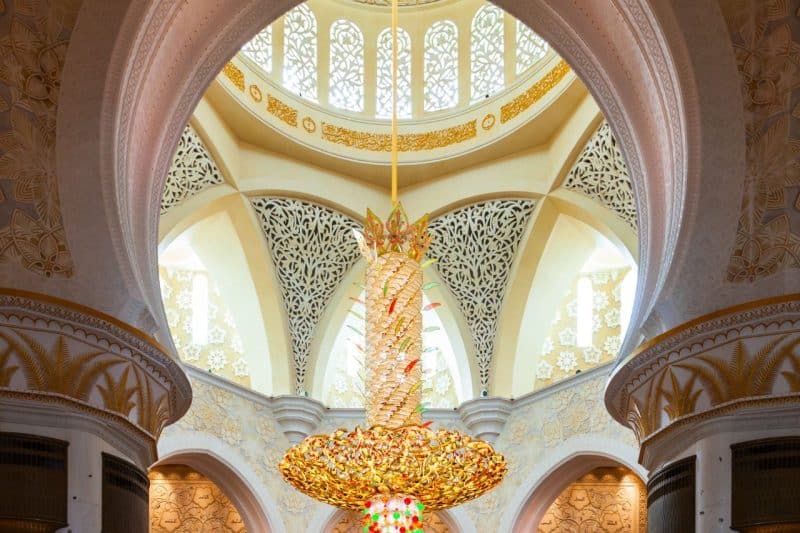
The arts and crafts of the United Arab Emirates reflect a deep connection to the nation’s cultural heritage. Traditional crafts, such as Al Sadu weaving, showcase intricate patterns and designs that have been passed down through generations. These crafts often serve both functional and decorative purposes, with artisans skillfully creating items like carpets, tents, and camel bags.
Additionally, calligraphy is celebrated as an art form, with Arabic script adorning various objects, from pottery to architecture. Emirati artists also explore contemporary forms of expression, blending traditional influences with modern techniques. This rich artistic landscape highlights the UAE’s commitment to preserving its cultural identity while embracing creativity and innovation.
Geometric patterns also feature heavily on architecture and decorations. This has historical significance in Islam and these complex patterns truly are a feat of mathematics to create!
Commonly asked questions about Dubai’s culture
Does Dubai have culture?
Yes, Dubai indeed has a vibrant and diverse culture however it is different to the European style of culture which is characterised by old buildings, opera, theatre and the arts. Its modernity and rapid development, does not mean its Emirati heritage has been lost. Dubai’s culture is a fusion of influences from across the Arabian Peninsula, South Asia and Persia due to its history as a trading hub. You can choose what type of Dubai experience you prefer when visiting.
What is the culture of Dubai?
The culture of Dubai is a captivating blend of tradition and modernity. Rooted in its Bedouin heritage and Islamic values, Dubai’s culture places a strong emphasis on hospitality, respect, and family. Traditional customs, such as Arabic calligraphy, camel racing, and falconry are cherished while celebrated. At the same time, Dubai is a global cosmopolitan hub, attracting people from around the world.
This multiculturalism has enriched the city’s cultural tapestry, evident in its diverse culinary scene, festivals and art exhibitions.
How many cultures are there in UAE?
The United Arab Emirates (UAE) is a diverse nation that is home to a wide array of cultures due to its majority international population. While the Emirati culture, rooted in Bedouin traditions and Islamic values is the local culture, the UAE is also a melting pot of cultures from around the world.
How do we celebrate cultural diversity in UAE?
The UAE embraces cultural diversity by firstly its hospitality to people from many different nations who visit or live in the country. Secondly, the UAE also has festivals, cultural centers, events and a rich culinary scene celebrating many different cultures from across the world. Overall, UAE leaders promote tolerance, inclusivity and harmony for people from all different backgrounds.
What are the cultural influences of Dubai?
Dubai’s culture is a vibrant fusion of Arabian traditions, Islamic heritage, it’s position as a trading hub and modern influences from globalisation. Creating a dynamic and uniquely diverse cultural landscape. Its Bedouin heritage emphasizes values of hospitality and community while Islamic traditions are evident in daily life and architecture. The city’s international population contributes to its multicultural fabric bringing a rich diversity of customs and cuisines from around the world.
Conclusion
Dubai’s culture is a captivating testament to the city’s ability to bridge tradition and modernity. Rooted in Bedouin heritage and Islamic values while harmoniously embracing global influences. This has resulted in the wonderful cultural tapestry we see today. As Dubai continues to evolve, its rich and diverse culture remains a defining characteristic and tourists visiting can choose which experience they prefer when visiting this incredible city. Inviting visitors and residents alike to explore and celebrate the unique fusion of tradition and innovation.

